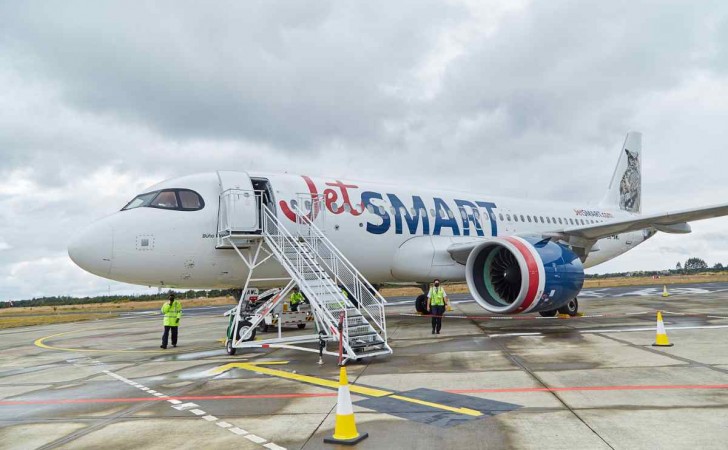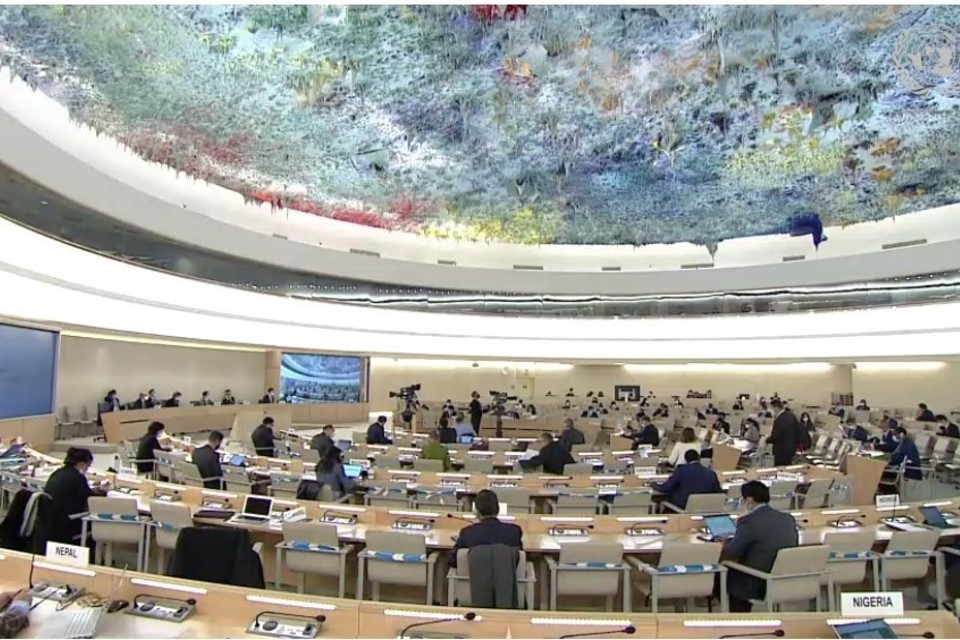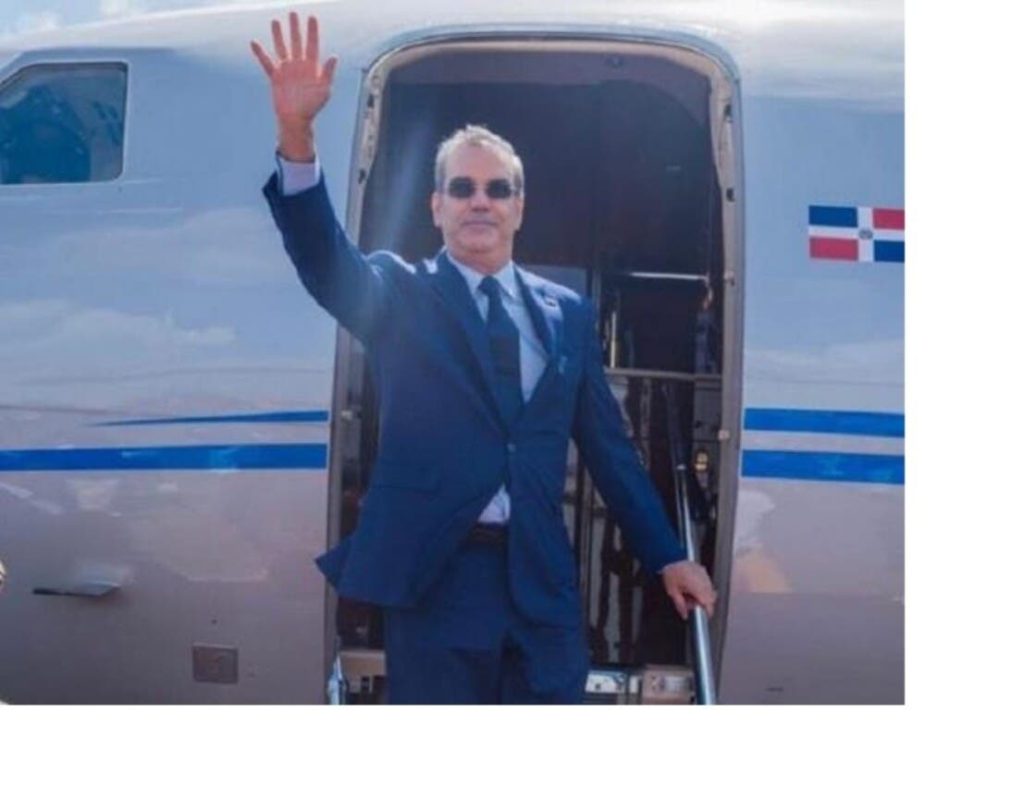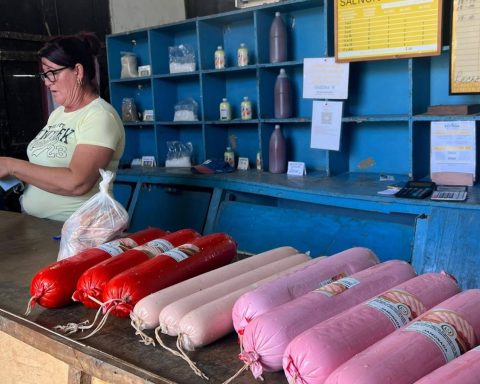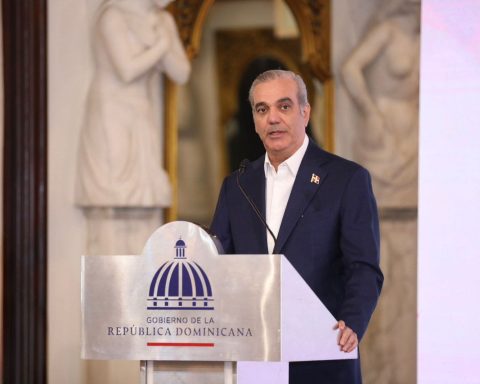
The Chilean airline JetSmart has decided to discontinue its service on the route Montevideo-Buenos Aires The Uruguayan government announced the launch of the route starting on October 1st, a decision that has surprised Uruguayan authorities after only four months of operation. The announcement was met with discontent, highlighting the initial expectations generated by the launch of the route. During the inauguration, the Uruguayan government celebrated the increase in connectivity and competition in the air sector, which translated into greater accessibility for travelers.
The cancellation of the flight is due to the lack of economic viability of the route, where it was alleged that the company failed to meet its financial expectations.It was an unpleasant surprise“, commented the chancellor Omar Paganini referring to the situation, showing the government’s disappointment at the progress of an initiative that promised to strengthen the Air links between Uruguay and Argentina.
During his brief operation, JetSmart maintained two daily frequenciestrying to secure its presence in a market that had shown signs of dynamism. However, expectations did not align with operational reality, leading the company to request a monthly subsidy of US$ 100 thousand to be able to balance its deficit.
The rejected subsidy and the competition
Official sources revealed that JetSmart’s request was rejected by the Uruguayan Ministry of Tourism, which considered the figure to be excessive.The numbers didn’t add up.”, said sources close to the government, which creates a complicated context for the airline that had previously expressed its difficulties. The situation was aggravated by competition from Aerolíneas Argentinas, which adjusted its fares to maintain demand for tickets.
JetSmart CEO Estuardo Ortiz contacted Carlos Enciso, Uruguay’s ambassador to Argentina, highlighting that, despite their efforts, they did not have “a specific promotion regime or with sufficient incentivesThis situation reveals the challenge that Chilean low-cost airlines face in adapting to an environment where the sustainability of air routes is threatened by various variables, both internal and external.
Among the issues raised by the airline was also the suitability of the initially assigned schedules. In his official communication, Ortiz acknowledged that JetSmart had experienced “conditions that do not contribute to the sustainability of the operation”, which reinforces the difficulties airlines face when trying to establish routes in highly competitive markets.
Perspectives and future communication
In its analysis of the situation, JetSmart stressed that it anticipated transporting around 127,000 passengers during its first year of operation on this route. However, market conditions indicated that demand did not hold up as expected, causing the airline to reconsider its strategy. The company also mentioned the high tax burden and competition with other modes of transport as factors influencing the low viability of the route.
However, Uruguayan authorities maintained a different stance regarding the route’s performance. Enciso said that the Montevideo-Buenos Aires connection had shown a “performance in line with expectations,” noting that there were optimistic prospects for its future. In light of JetSmart’s decision, the ambassador mentioned his “deep concern,” seeking to open a “channel of communication” to discuss possible alternatives that could reverse the situation.
Despite the concerns expressed by Uruguayan authorities, Ortiz has remained in contact in search of alternatives, although the chances of a subsidy seem slim given the position of the government, which has declared that it has economic limitations in providing aid to private companies.
JetSmart said its decision is part of commonly observed practices within the airline sector, where the activation and deactivation of routes depends entirely on seasonal factors and specific demand. This can sometimes lead to the temporary suspension or permanent cancellation of certain routes when viability becomes unsustainable.
